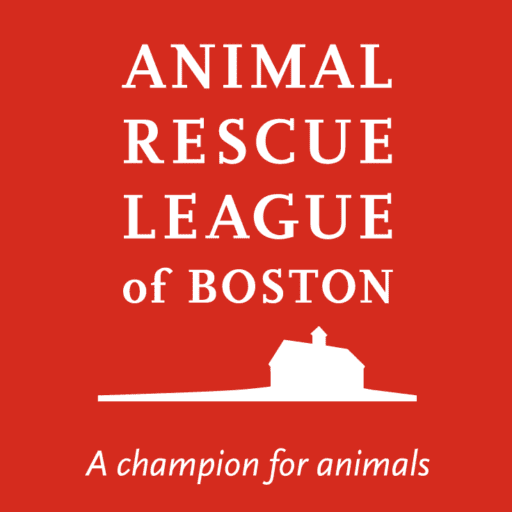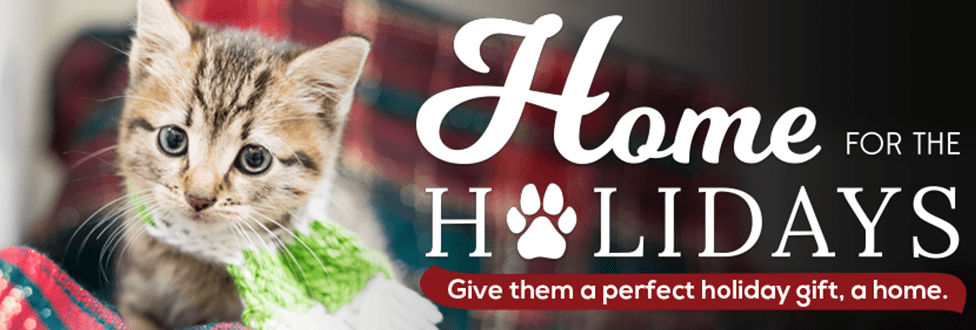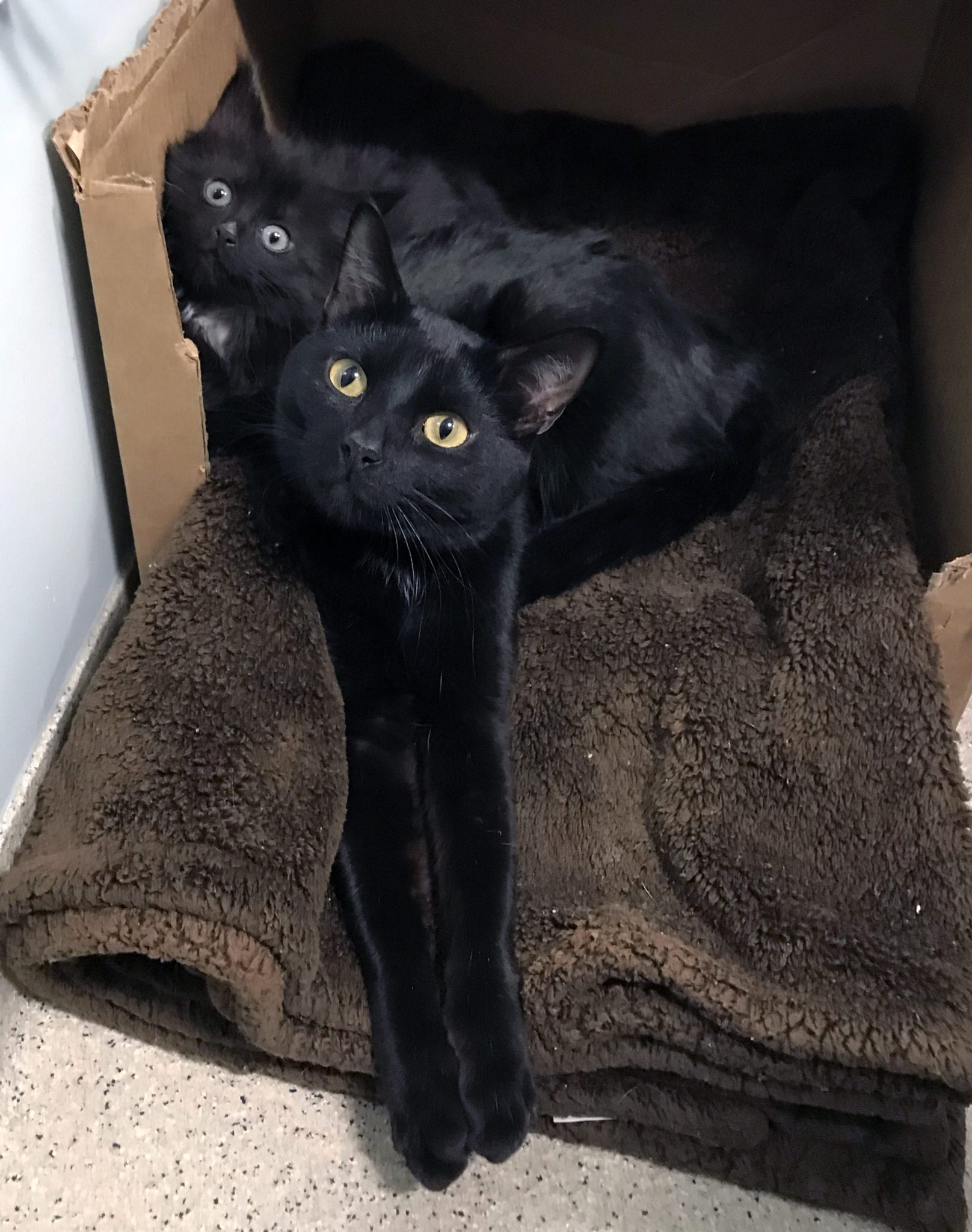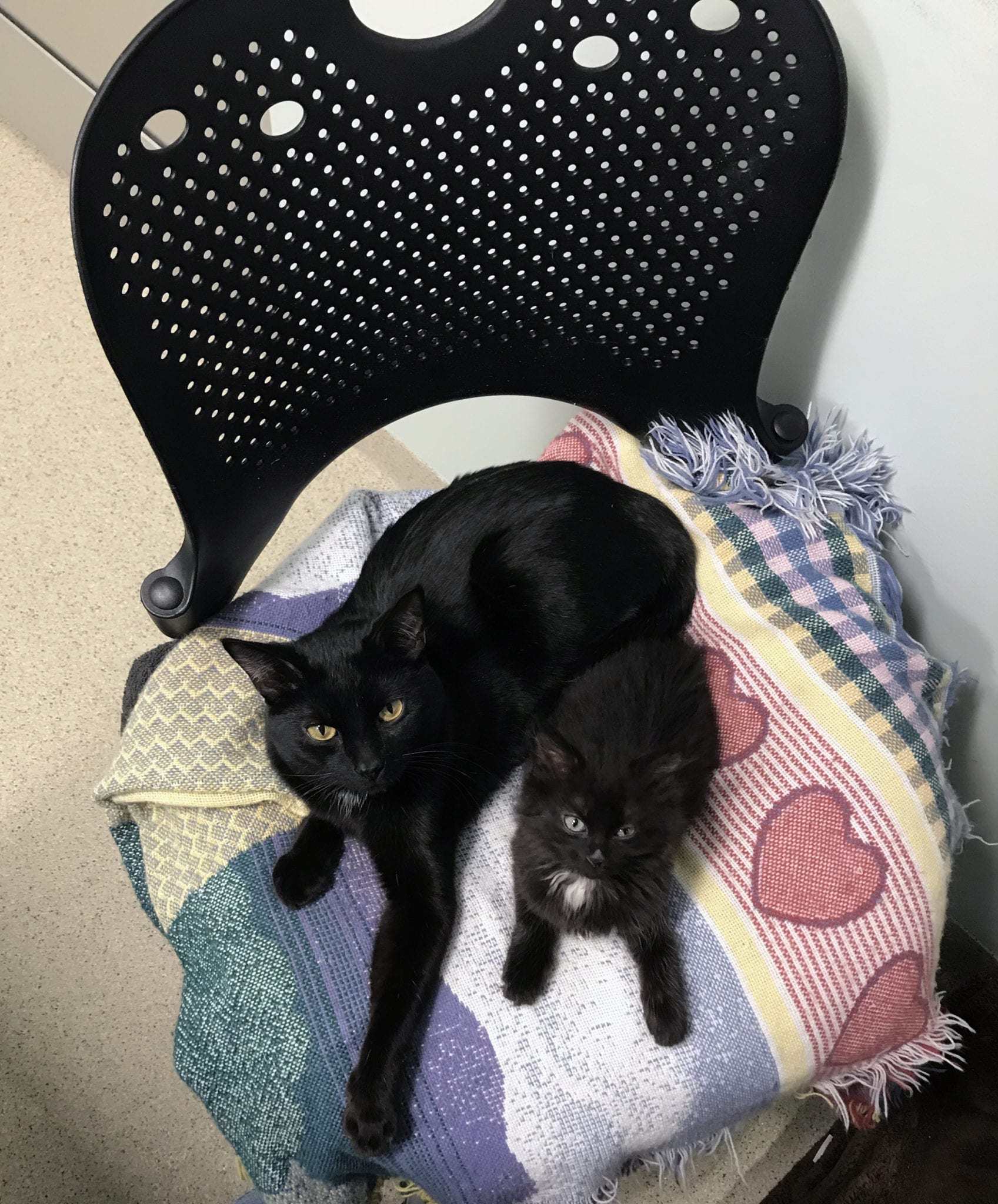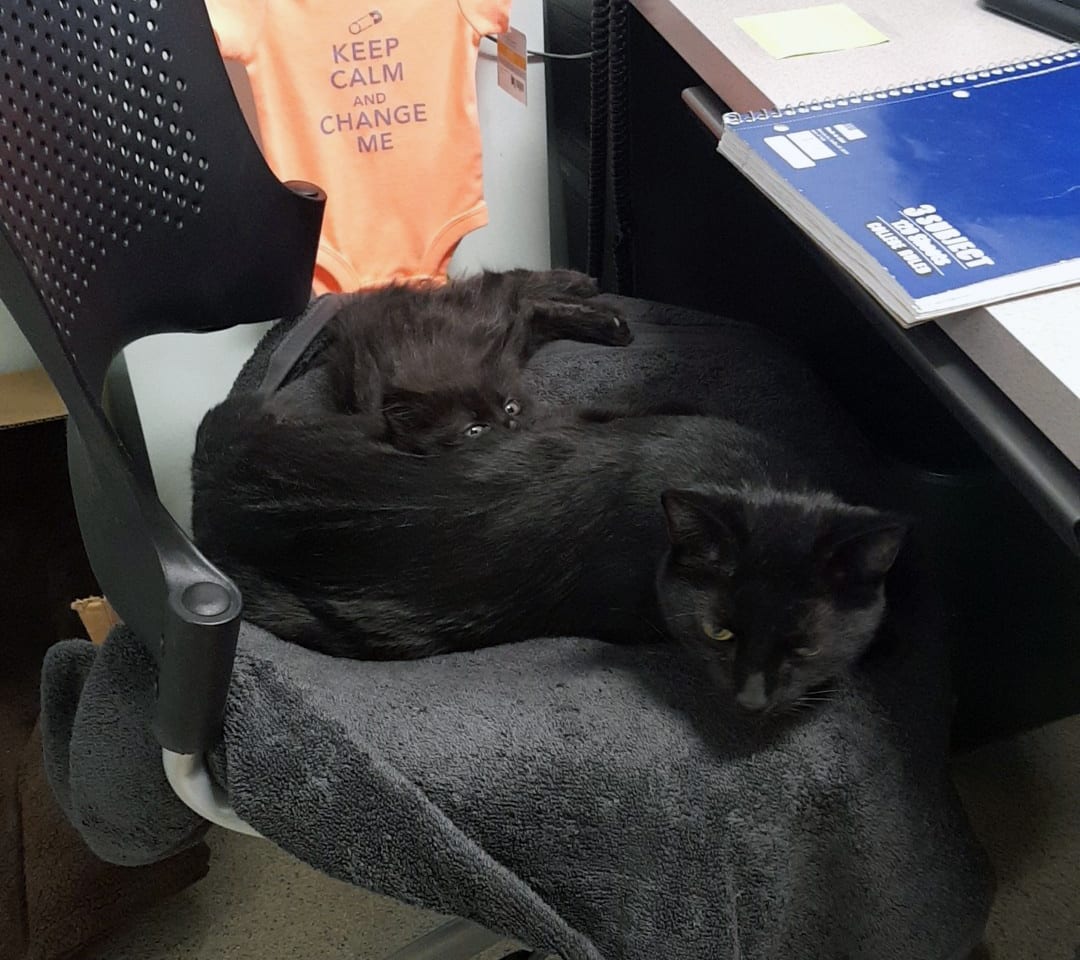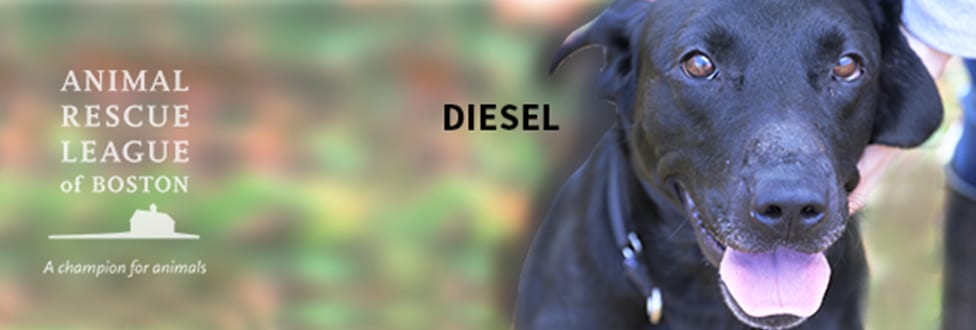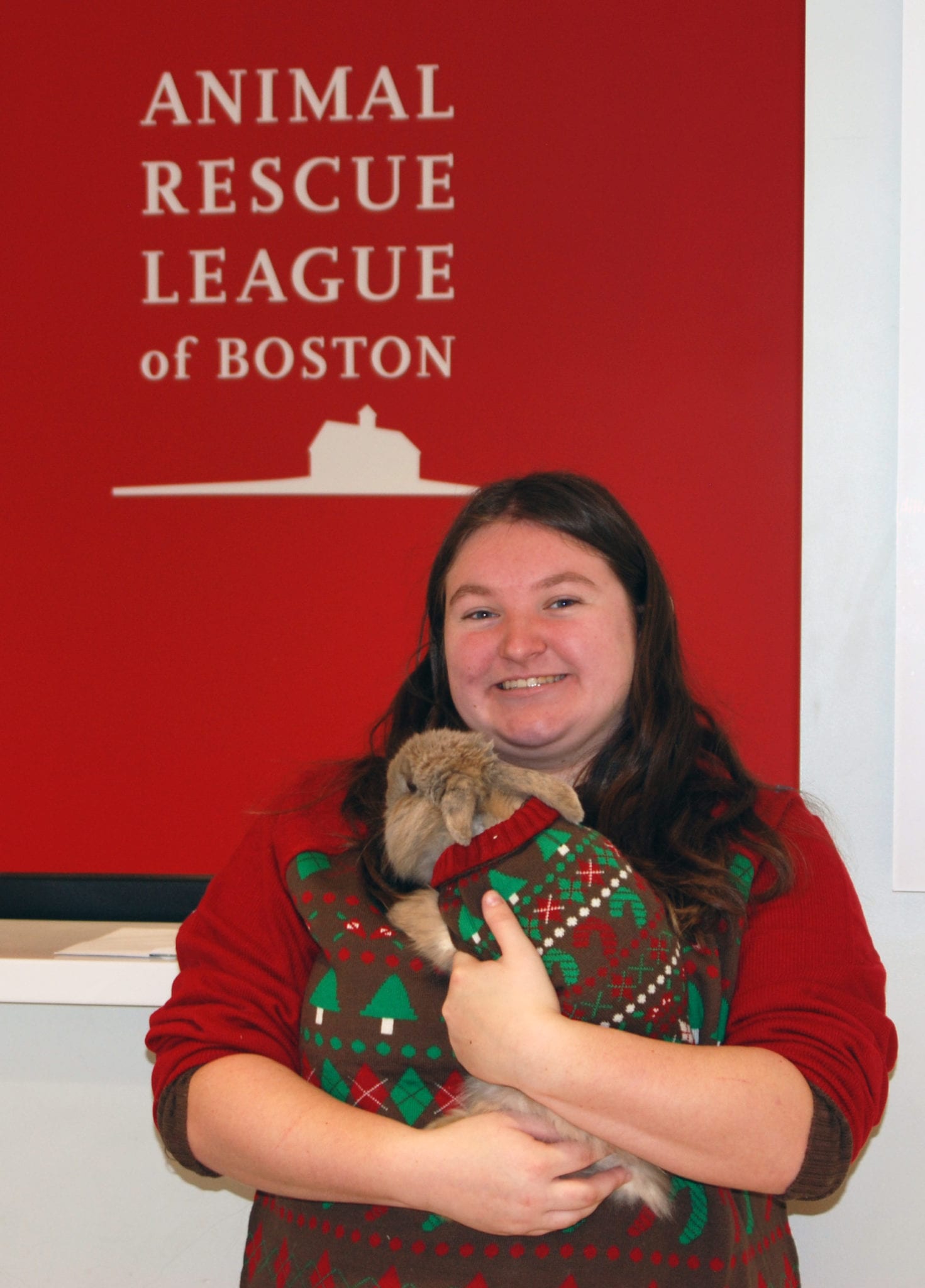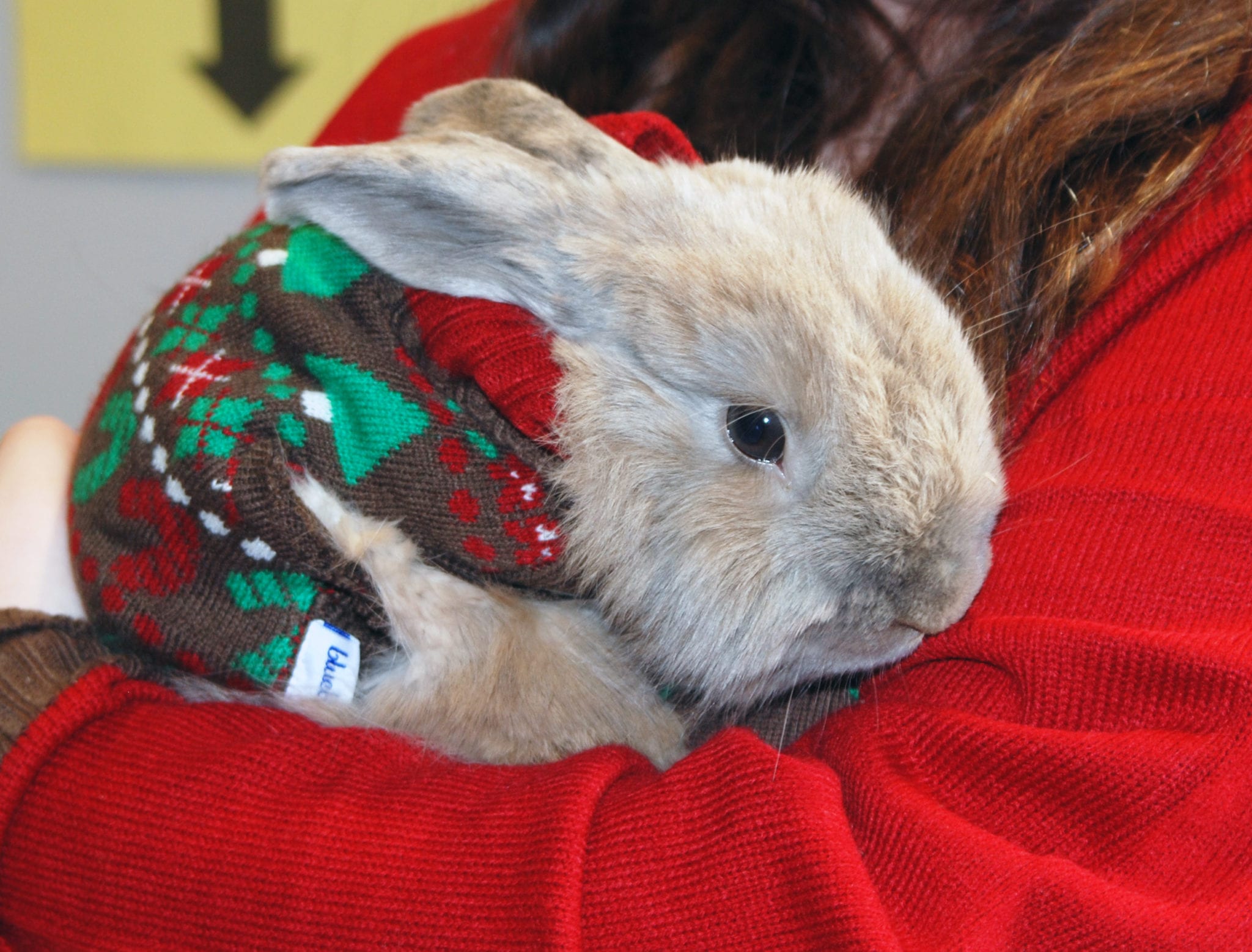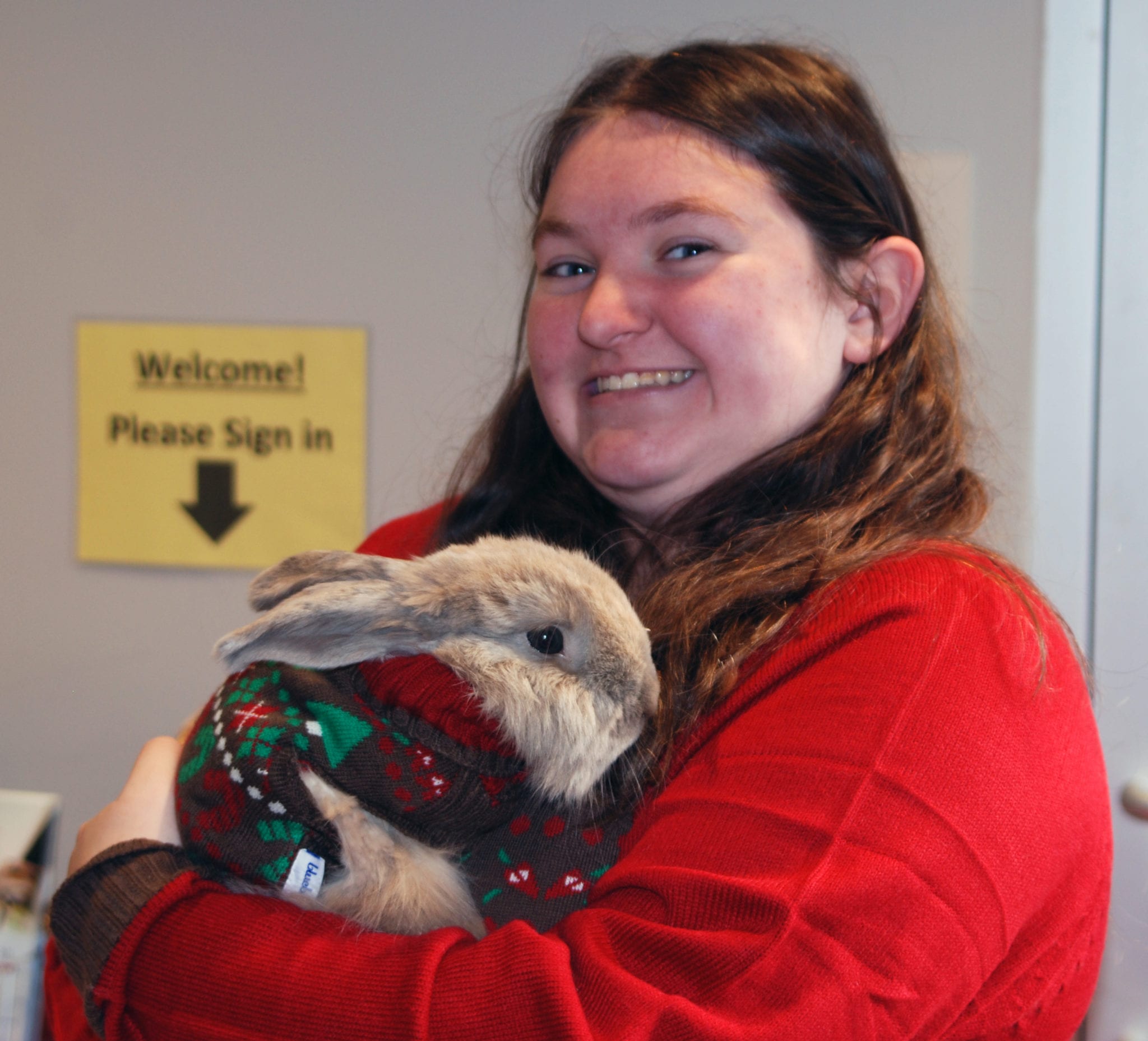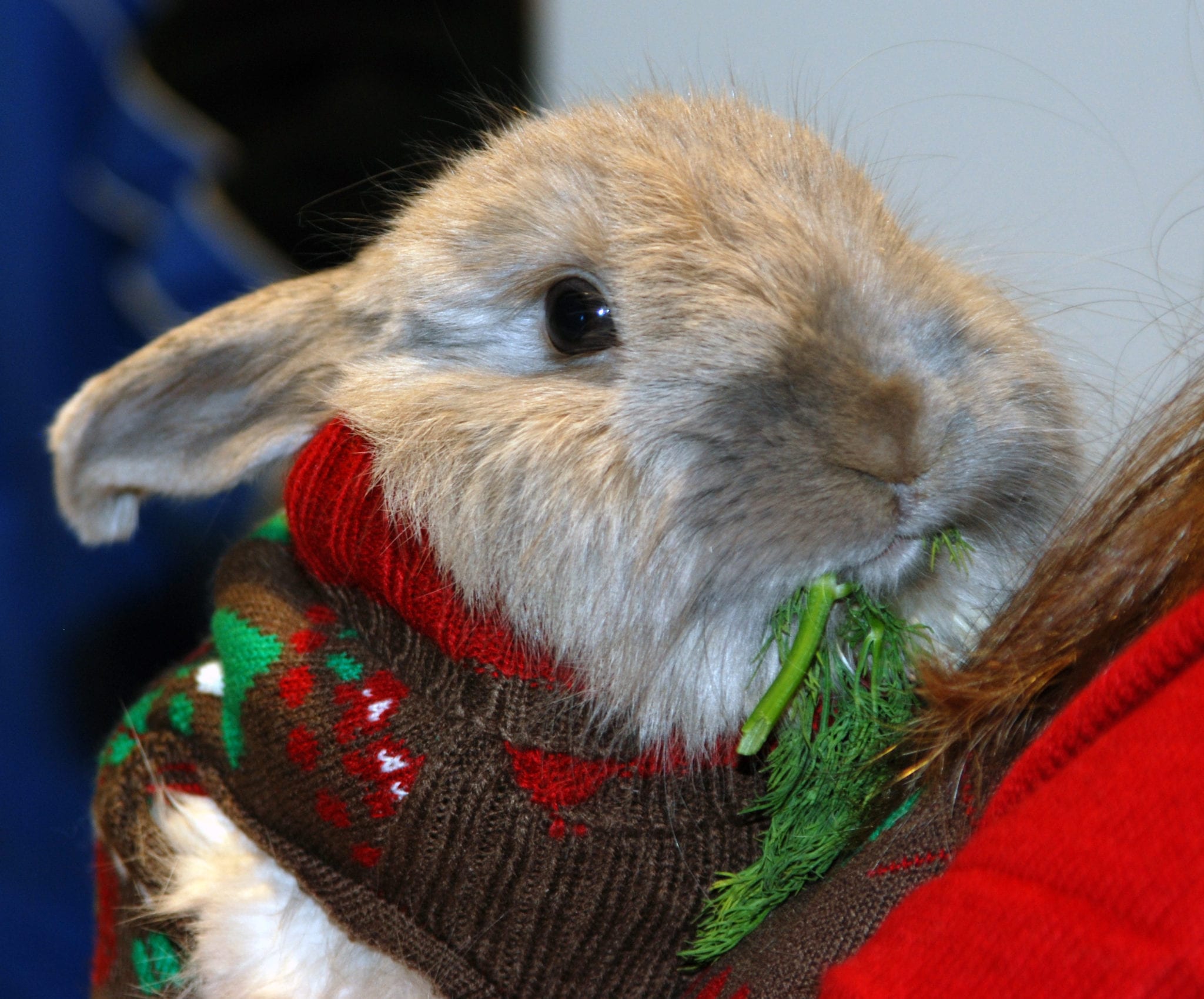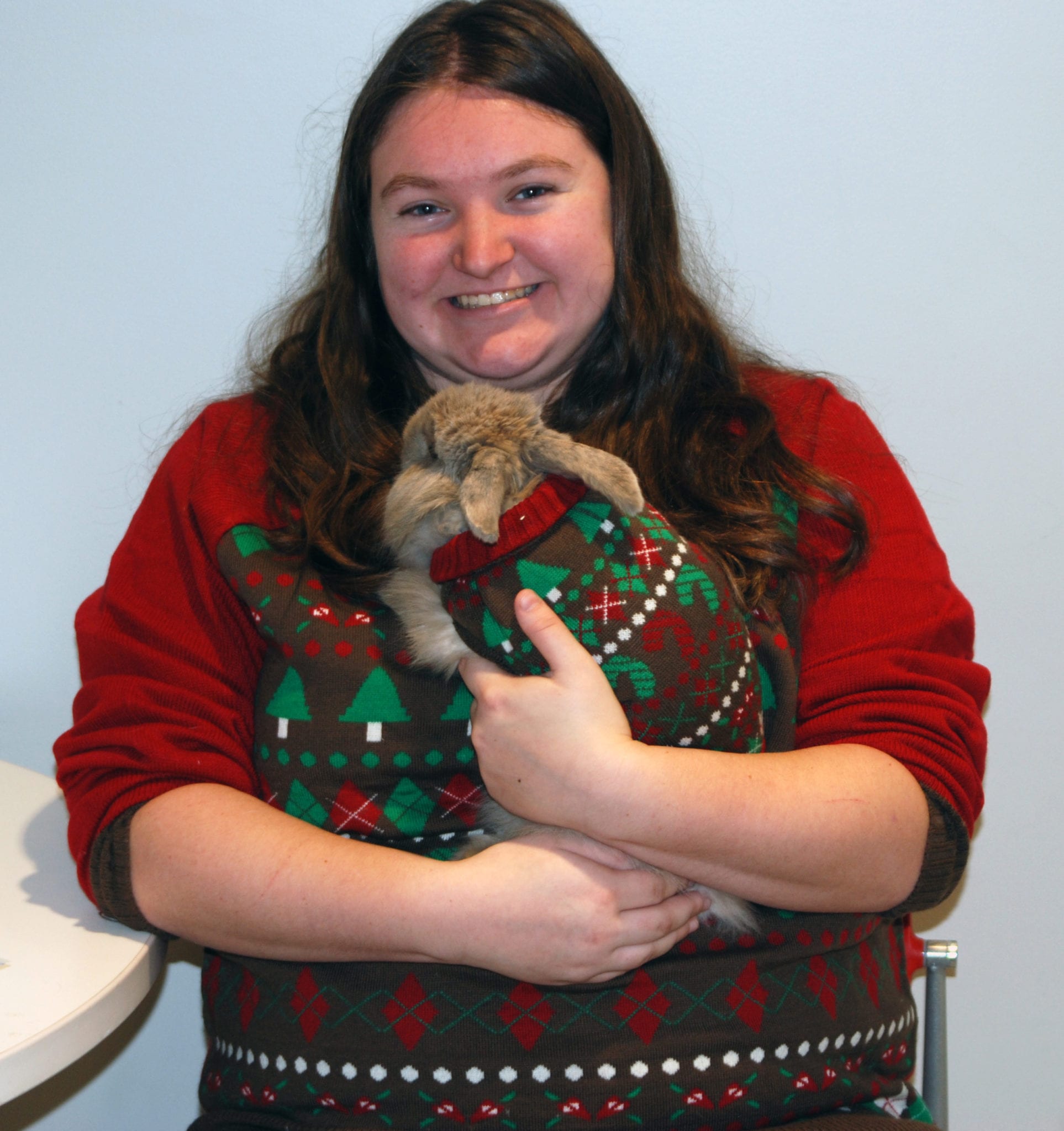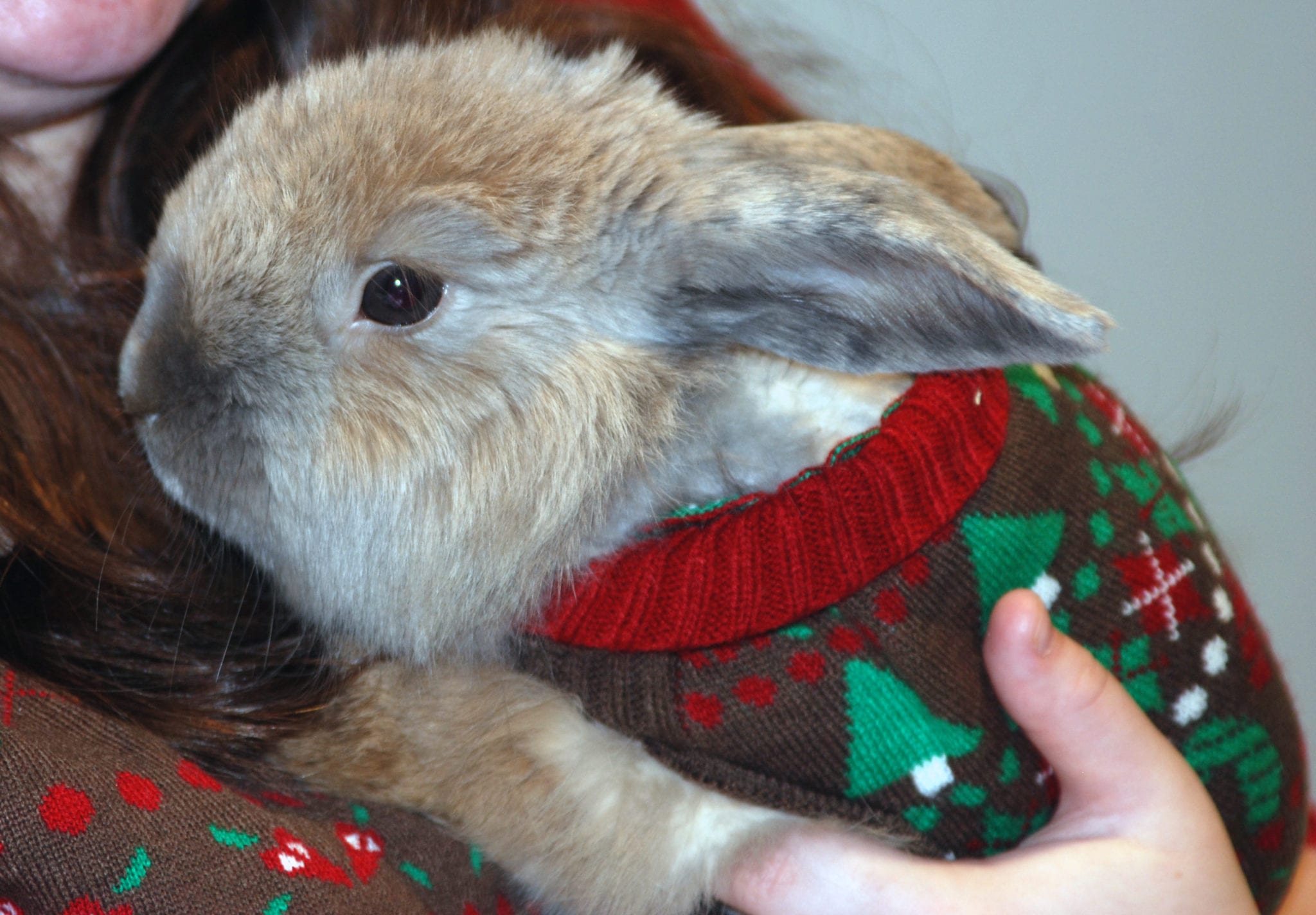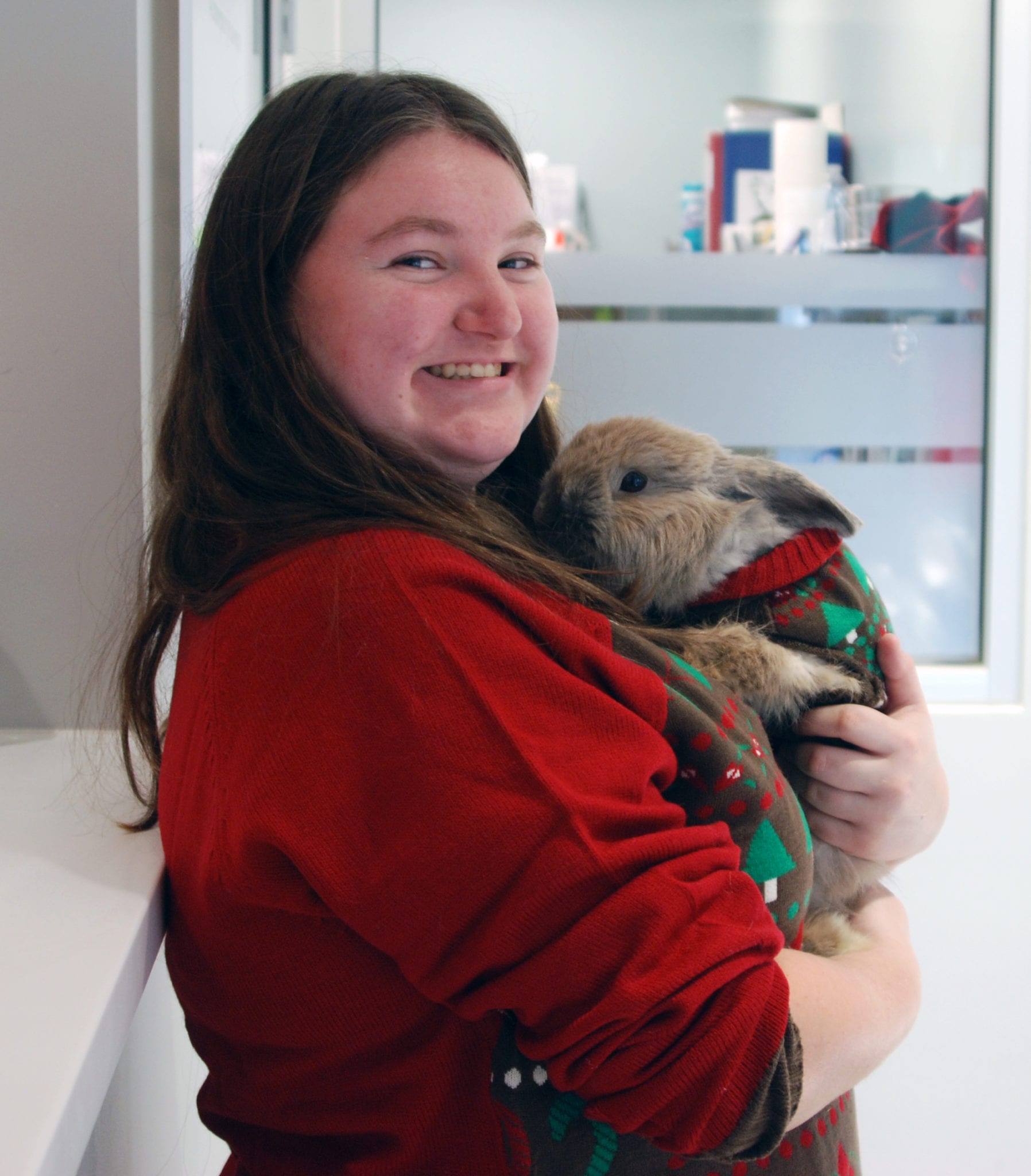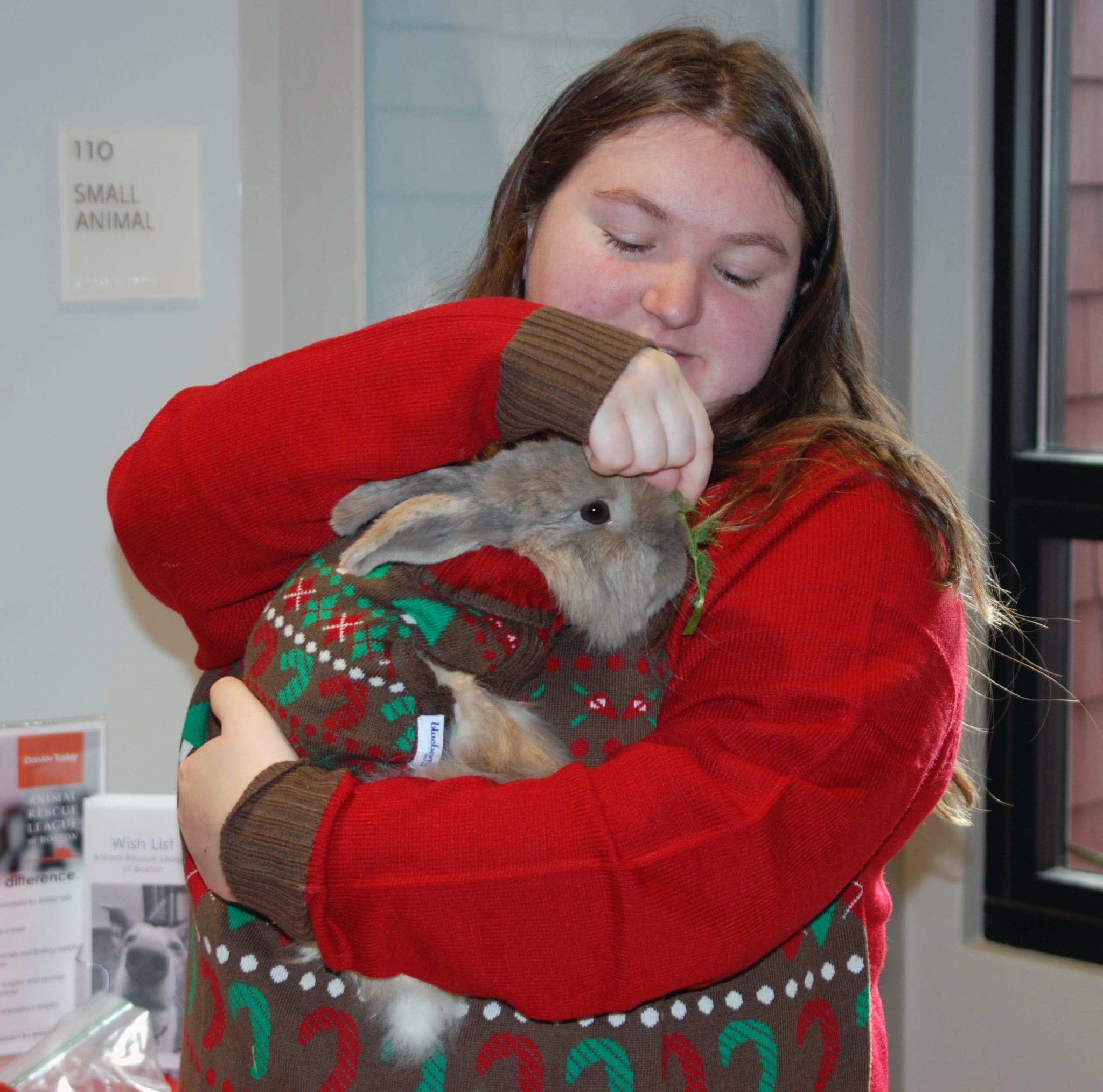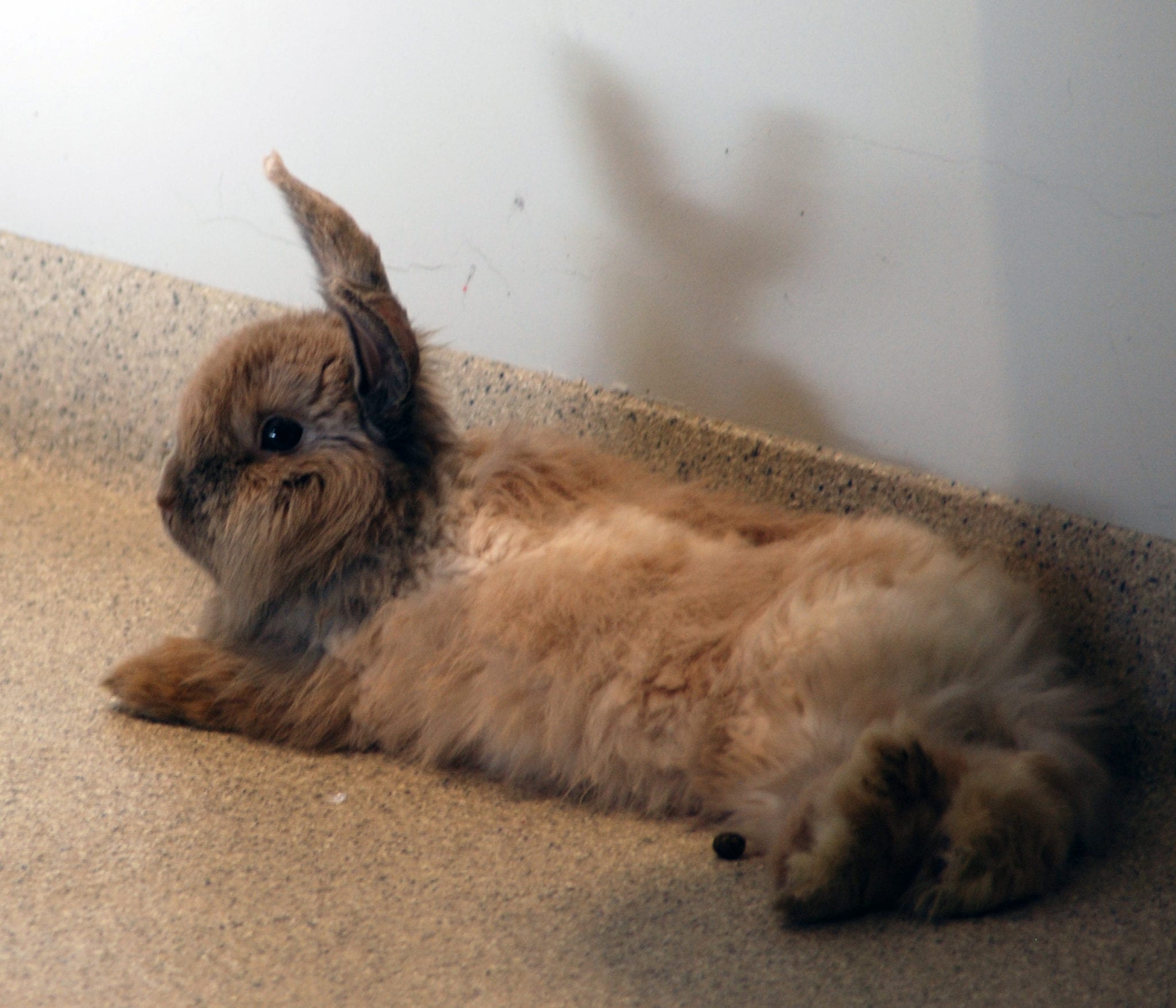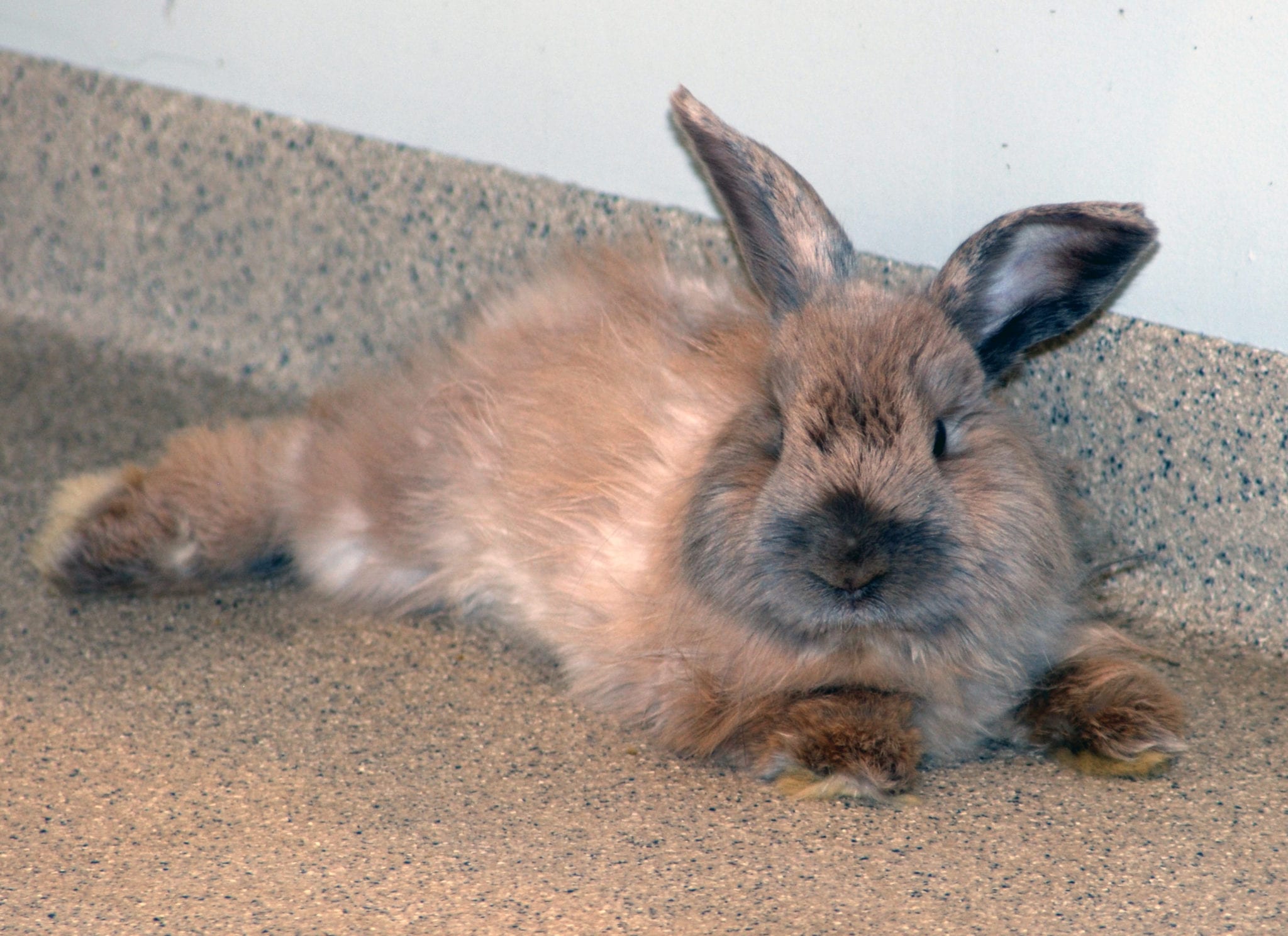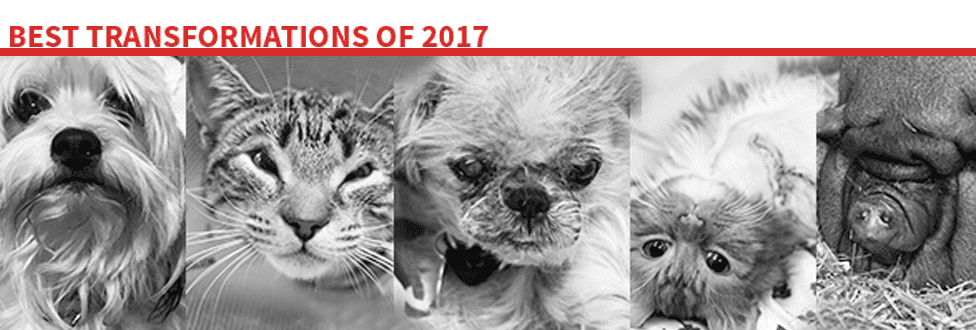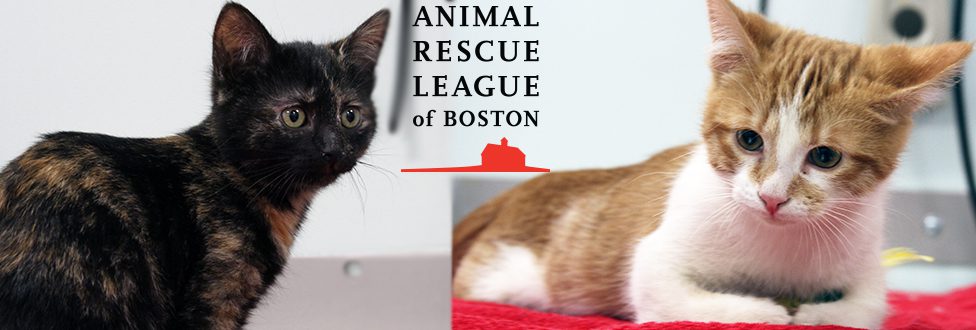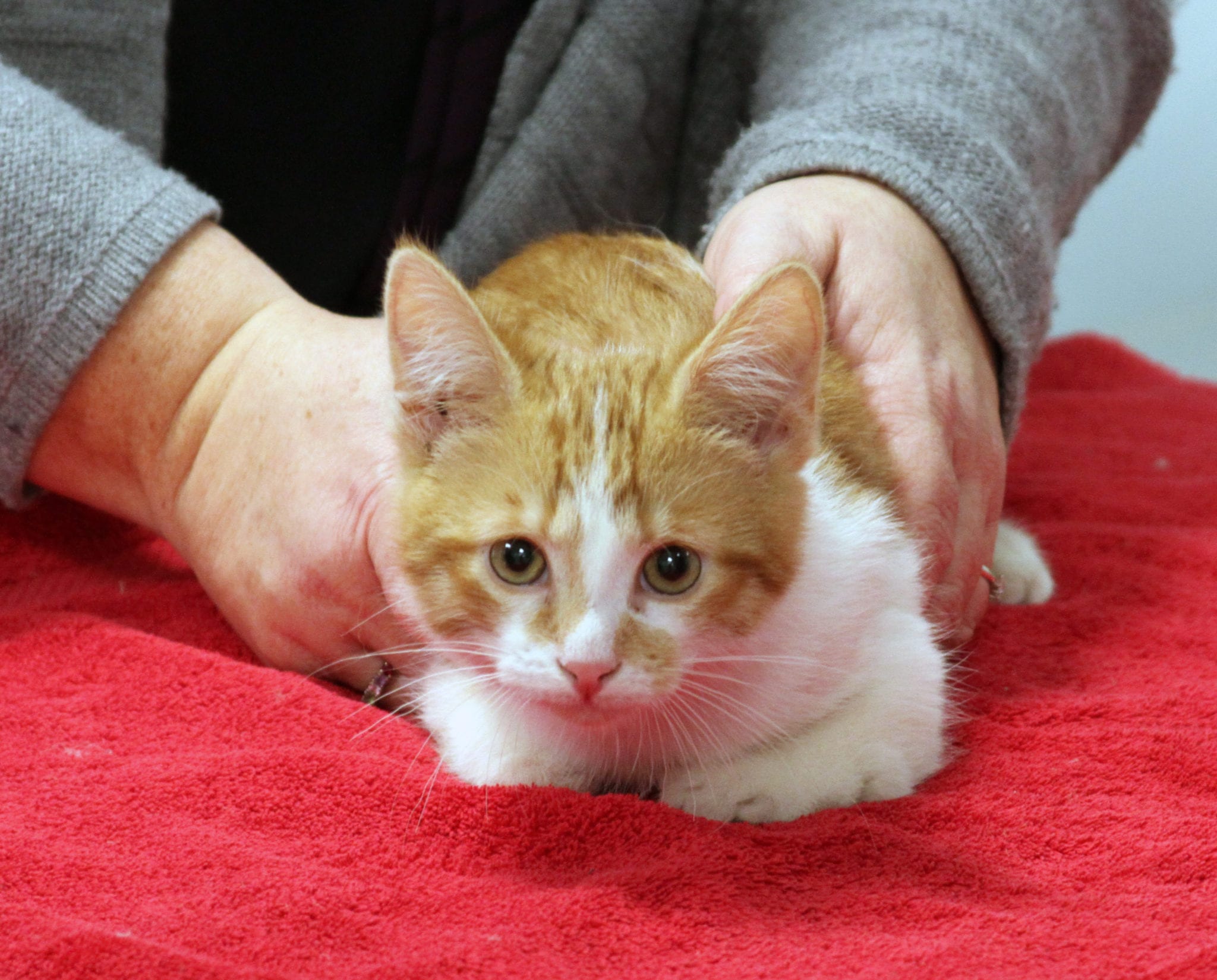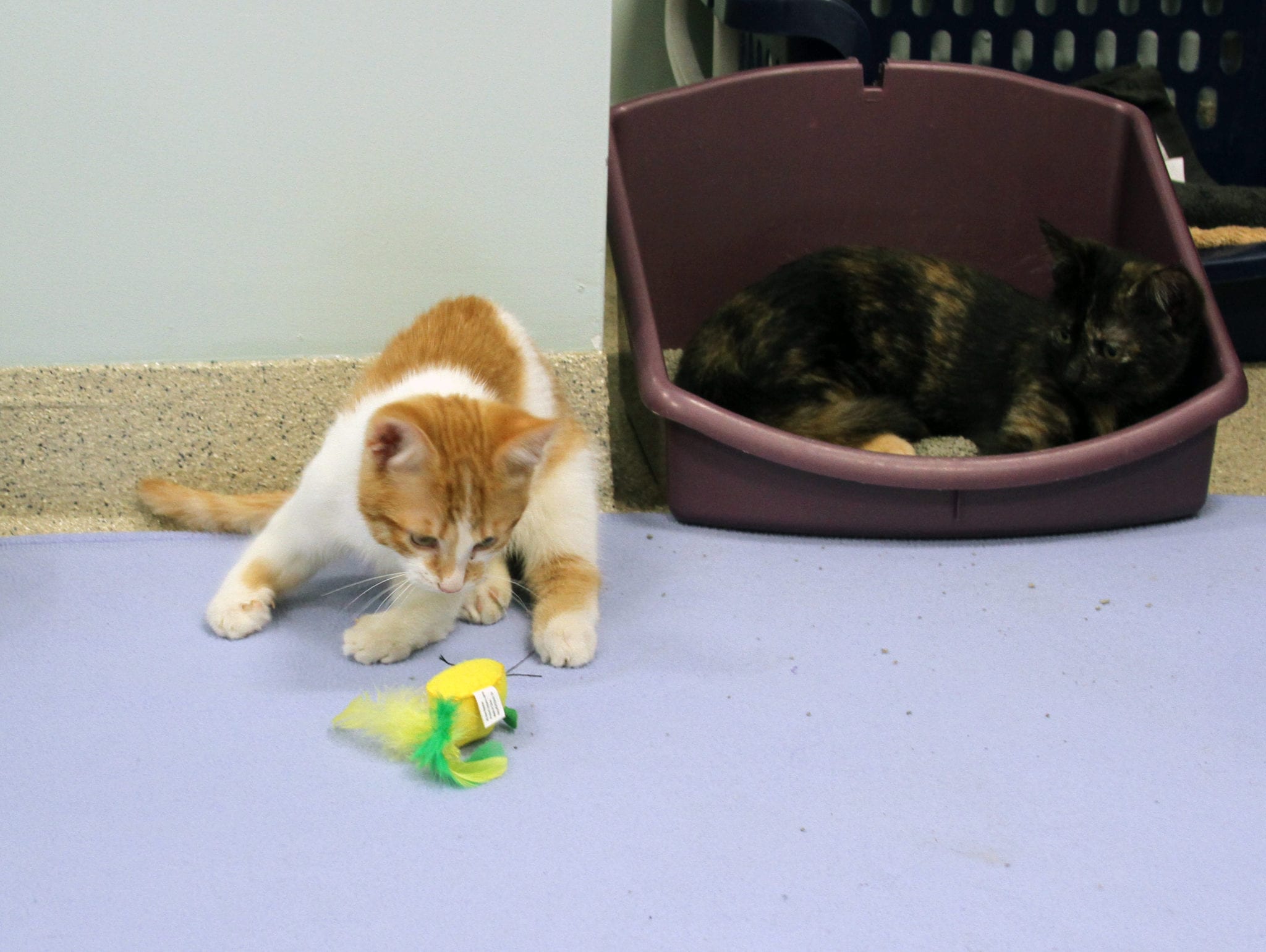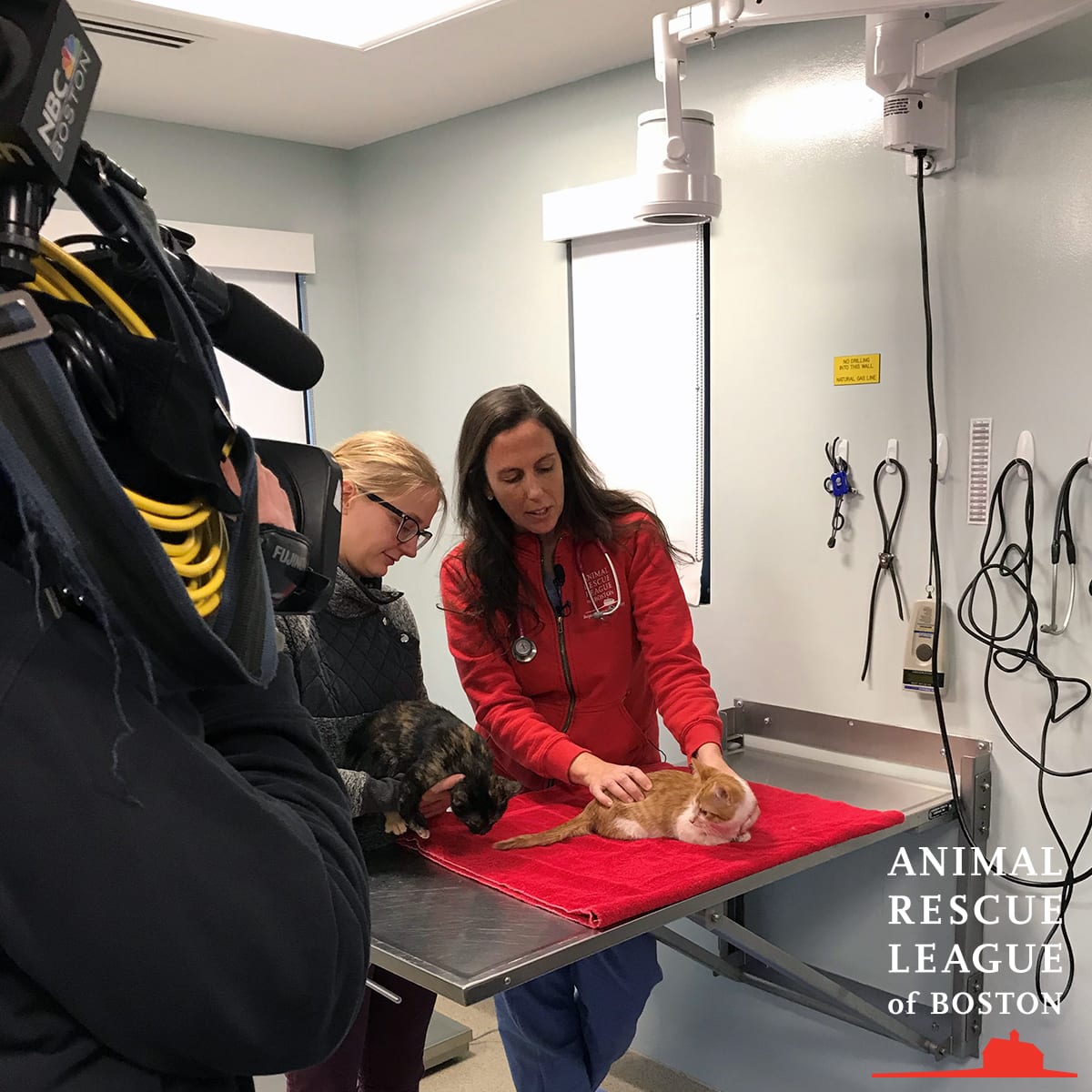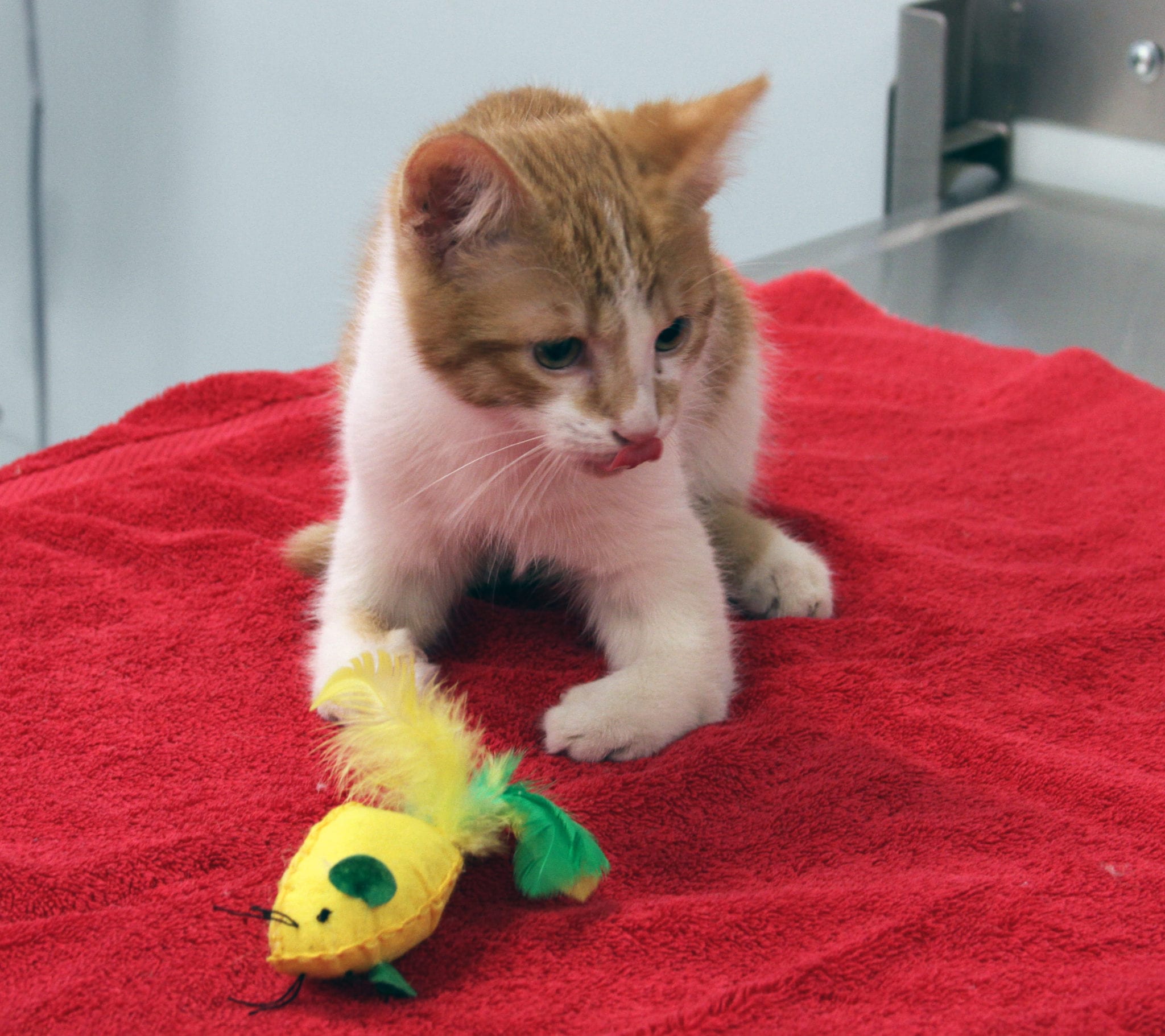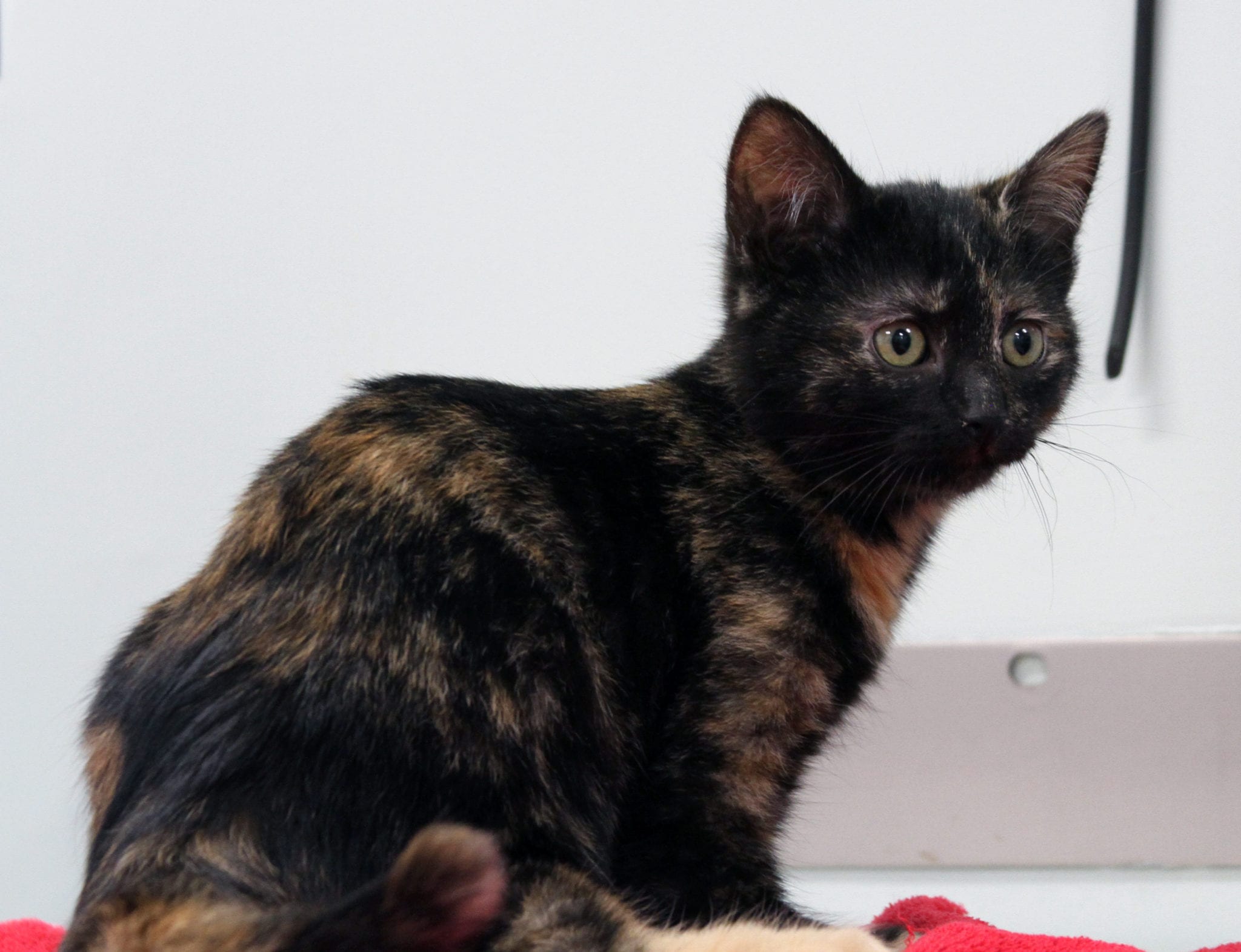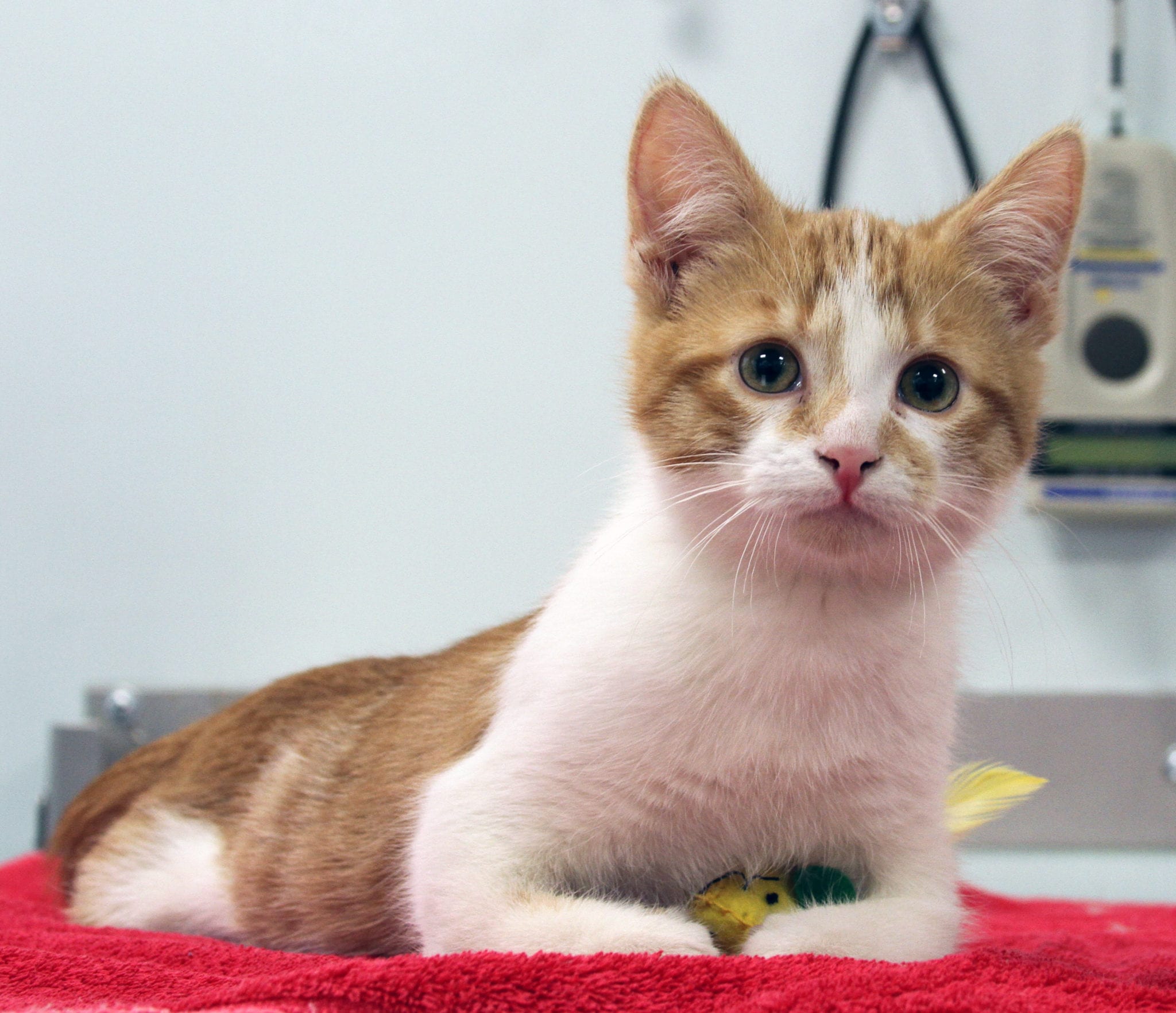A Home for the Holidays: Brian and Glade
Mentoring Leads to Bonding
At the Animal Rescue League of Boston (ARL), we see many cats and kittens that are under-socialized and need constant interaction to replace fear with trust. More often than not these interactions are done by humans, but sometimes all it takes is the mentoring of another feline to turn these under-socialized cats around.
Life of Brian
Brian and his sister came to ARL’s Dedham Animal Care and Adoption Center through the organization’s Community Cat Initiative in early December. At about 11-weeks, he and his sibling fit the definition of under-socialized to a tee. They hissed, spit, displayed defensive body language, and did not want to be handled. The kittens spent some time in foster care for some extra attention, and when they returned Brian’s sibling was socialized and quickly adopted, but unfortunately he was still standoffish.
Glade the Mentor
With Brian’s behavior still needing some adjusting, his mentor came in the form of Glade, a one-and-a-half-year-old cat. Glade himself had displayed under-socialized behaviors, but over time had become “charming, social, playful, and comfortable.”
ARL staff put the two together, and while Brian initially hissed at Glade, after a few minutes the two cats were nose to nose and Brian was ready to learn.
Brian watched how Glade interacted with people, and when Brian would begin to get hissy, Glade would correct his behavior. Over the course of just one weekend, Brian went from under-socialized to purring with people and displaying his charming personality!
A Bonded Pair
The weekend experience bonded Brian and Glade, and staff recommended that they find their forever home together. Of course it didn’t take long, and we are thrilled to report that kitten and mentor have been adopted and spent the holidays together in their new home!
YOU Can Help Even More Animals Like Brian in 2018!
Animals at ARL receive the specialized veterinary care, kind attention, and socialization they need to thrive — only because of YOUR generous donations. We receive no government funding and rely solely on generous individuals like you to keep our important work going. Your tax-deductible donation will provide the critical resources necessary to help thousands of homeless animals, family pets, wildlife, and community most in need in 2018. Thank you for being a champion for animals and for giving generously today!
